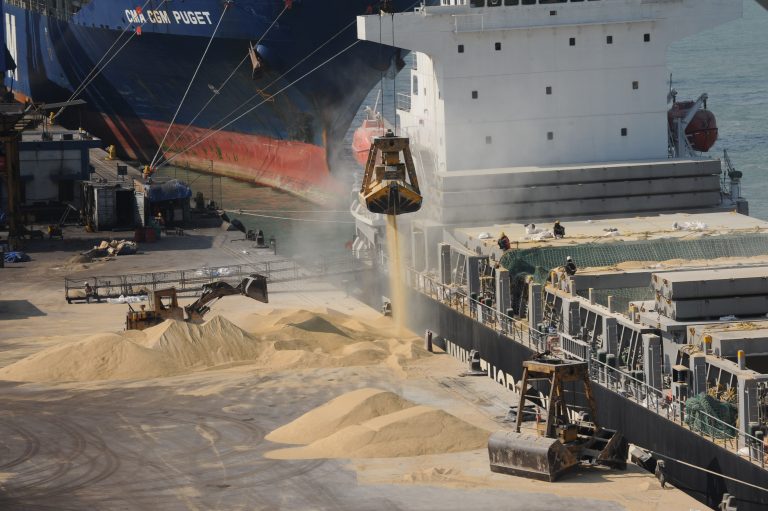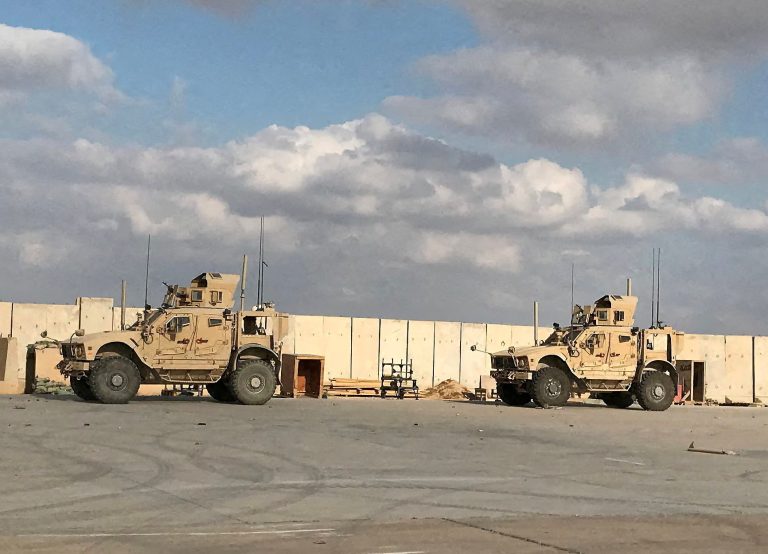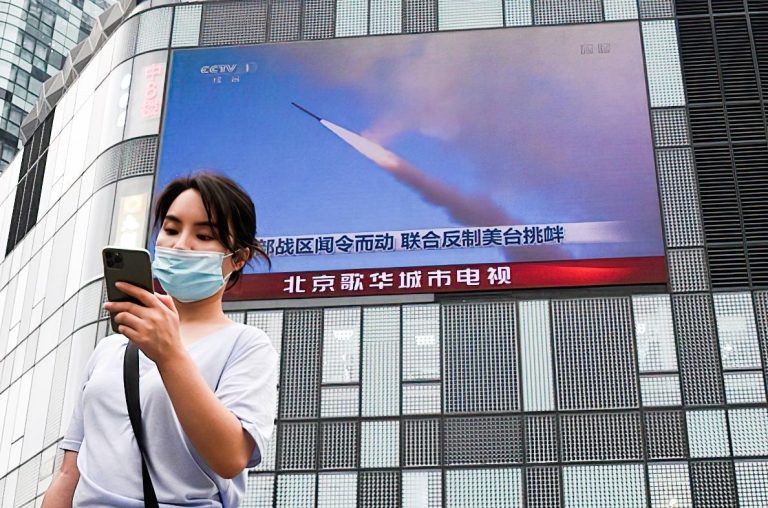$2.7 billion worth of heroin from Afghanistan was seized by Indian officials on its way to the international trade hub of Delhi on Monday, September 20. The deadly drug was discovered in containers marked ‘talc’ and was being transported across the border by two people of Indian nationality. One container weighed 4,409 pounds and another weighed half that much.
The Directorate of Revenue Intelligence (DRI) at Mundra Port discovered the contraband.
Afghanistan is the world’s largest producer of heroin, fueling an estimated 80 to 90 percent of the world’s production. Raw heroin is extracted from buds of the opium poppy, and farmers in Afghanistan have been reported as being taxed on their opium production in previous years, fueling local and broader economies.
The United Nations Office on Drugs and Crime (UNODC) estimated that production of heroin created 120,000 jobs in Afghanistan in 2018. The Taliban forbade the growing of opium poppies when they were previously in power, however, reports detail that in 2021, the cultivation of poppies and related production of heroin in Afghanistan have fueled the Taliban’s rise to power.
According to The Guardian, the economy of the conflict-torn country leaned upon international donors with a stake in the previous government, with foreign aid and assistance for development making up more than 42% the GDP last year. Although this funded three-quarters of public expenditure, infrastructure remained a challenge for local economies, according to UNODC.
Success
You are now signed up for our newsletter
Success
Check your email to complete sign up
Presently, the international donors of previous years are unwilling to offer support to the Taliban, throwing farmers into a worse situation and undermining any efforts to move poor farmers in the countryside away from illicit trade. The Taliban has been considered one of the most richly funded insurgencies in the world.













